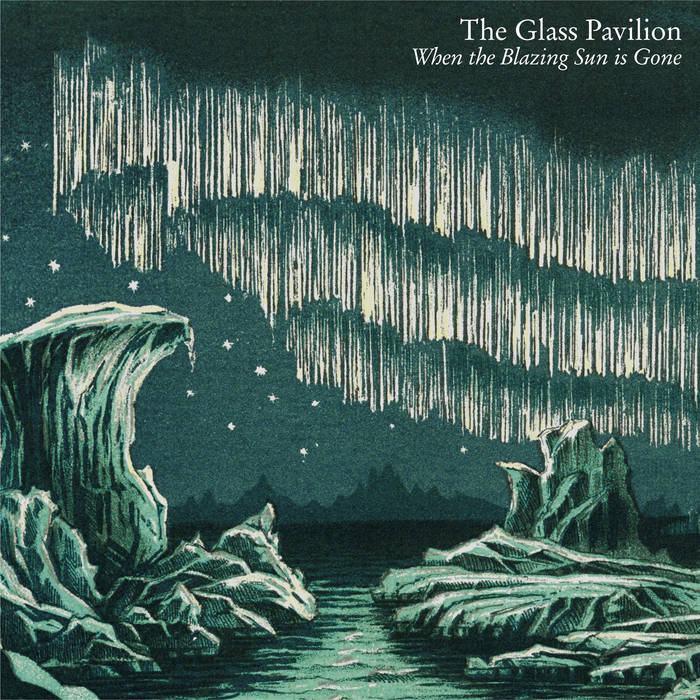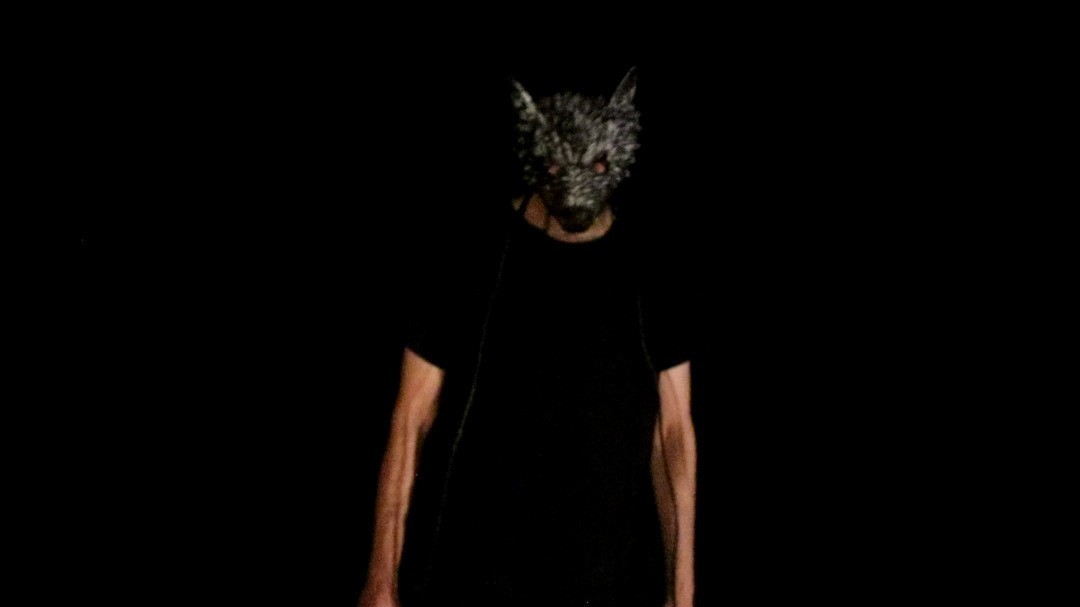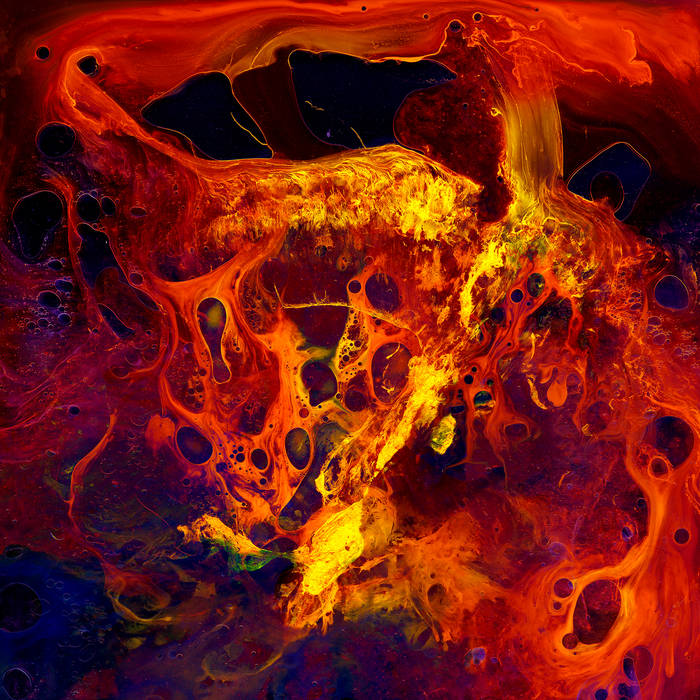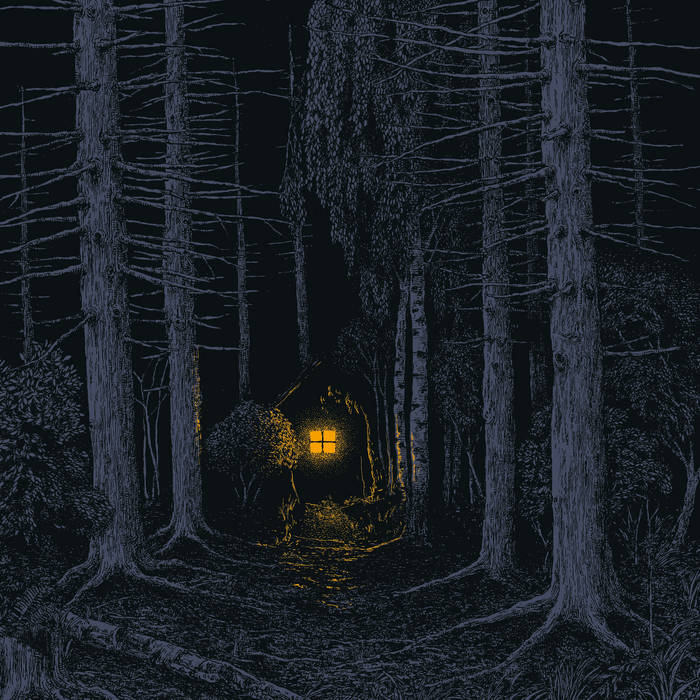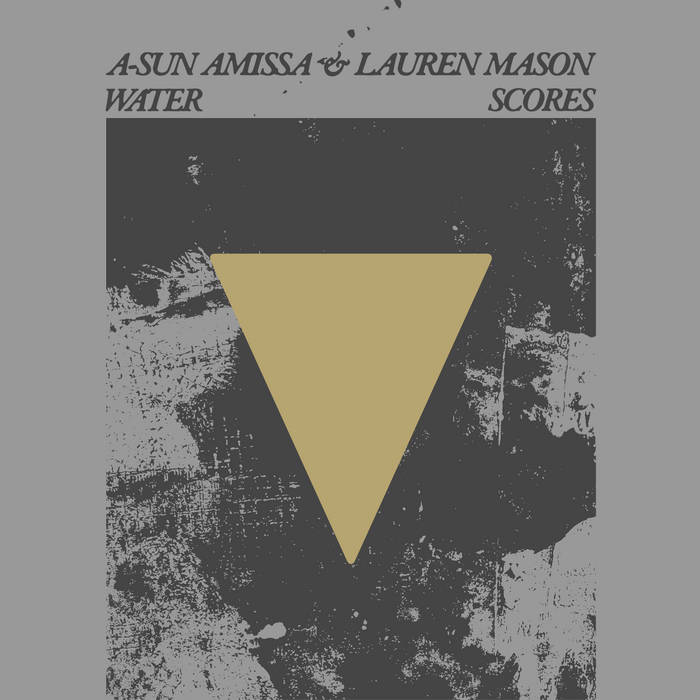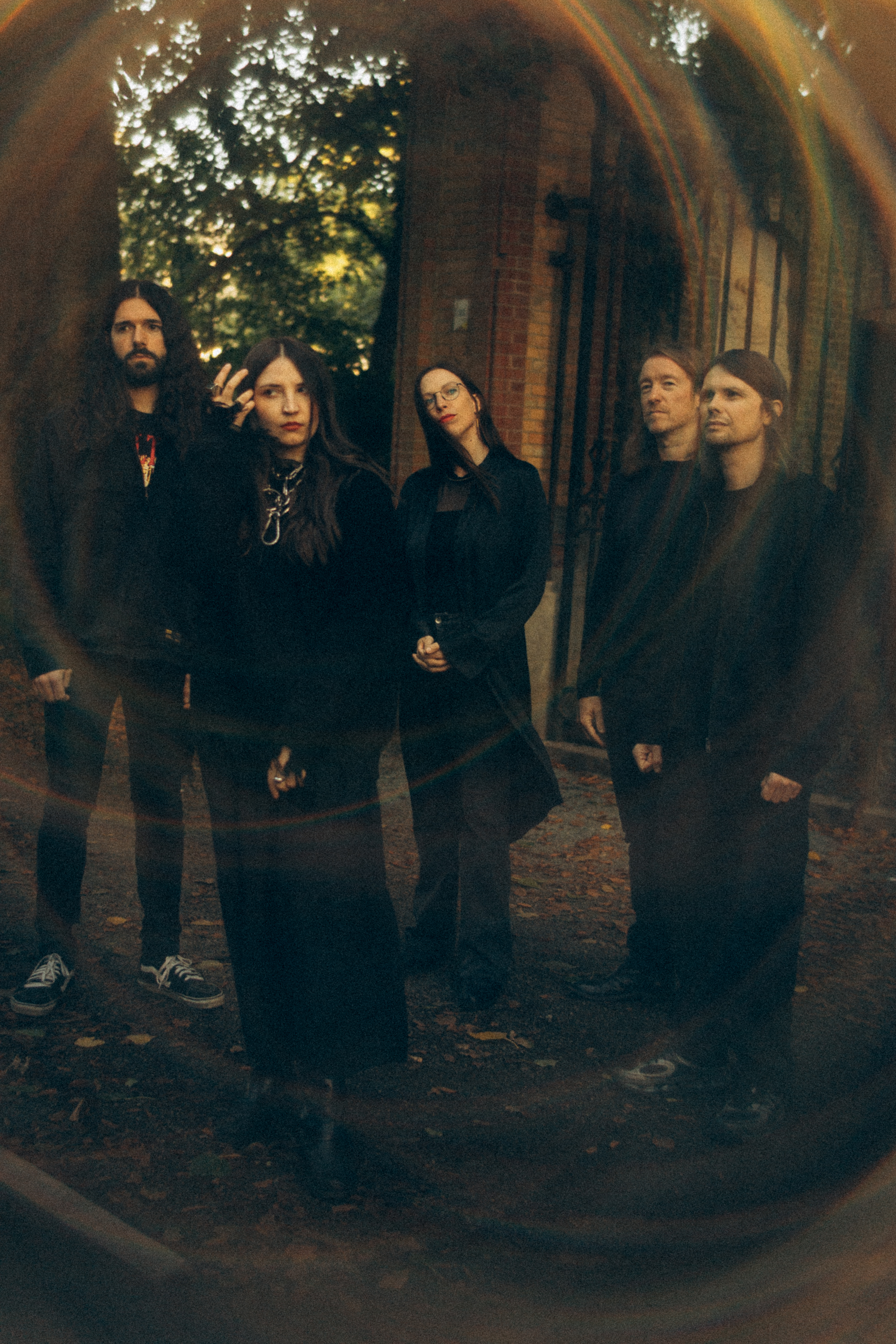One of the hardest things to write in music is ambience. To build a real sense of atmosphere with minimal instrumentation is something of a dark art and one that Ashley Owens has gone some way towards mastering with The Glass Pavilion, his brand spanking new one man project. Since it was released back in January I have been thoroughly engaged with his debut release When The Blazing Sun Is Gone, hooked on its copious dose of serene melody as well as that aforementioned atmosphere. It’s a calming passage of post rock that holds a firm grip on the unsuspecting listener, sucking us in like a cathartic lullaby.
Like most emotive music out there, the record was written through a time of real hardship for Ashley. A quick scour through his bandcamp profile tells the story of how a brain haemorrhage left him unable to play guitar due to coordination problems in his right hand, a challenging experience that left him contemplating how he might write music again. As it turned out, the answer lay in digitalisation and so he began writing chord progressions “for guitar” electronically. Swapping strings for a keyboard became the underlying concept for The Glass Pavilion, which by its very nature is a virtual project.
In some ways, this gives the record an esteemed level of control. It feels precise and coordinated, but not in the false, manufactured way that you might expect from ‘computerised’ music. It’s attentive, modest and feels bound to the same limitations of physical music. At no point does it feel over the top, like bad CGI. After a brief introduction (“Lighthouse I”), “Signs & Wonders” is the first track to give us a taste of what’s to come. It is idyllic, aching with melody and guitar notes that are simple and effective in equal measure. Programmed drums flicker above the mix as the track slowly gains traction, pushing through soaring walls of sound that eventually lead into the ambient introduction of “Charlotte (Aurora)”
Much of the album takes a similar approach, placing emphasis on individual notes rather than feeling the need to impress by way of complexity. Each moment feels incredibly well thought out and drips with catharsis. It’s an album that you can feel in your gut, beautiful in the same way it is painful, like the soundtrack to a meandering love story that tells of heartbreak as much as it does unrequited devotion. Life can be beautiful and it can also sting like a bitch, and the tone of this album embodies the very juxtaposition of being human.
Finally we close with a fifteen minute opus titled “The Most Glorious Birds”. Again, it isn’t the most technically profound piece of music you’ll ever hear, but it doesn’t need to be. It’s an escape route; a mysterious rabbit hole that allows us to create our own imagery and dive deep in order to confront our own experiences. Ashley has faced his own adversity, but we can all relate to the more challenging parts of life and music like this can help us to rationalise them. I don’t know if this was the intention, but The Glass Pavilion made me think. That is exactly the kind of evocative music that I love, and I hope that you will too.

